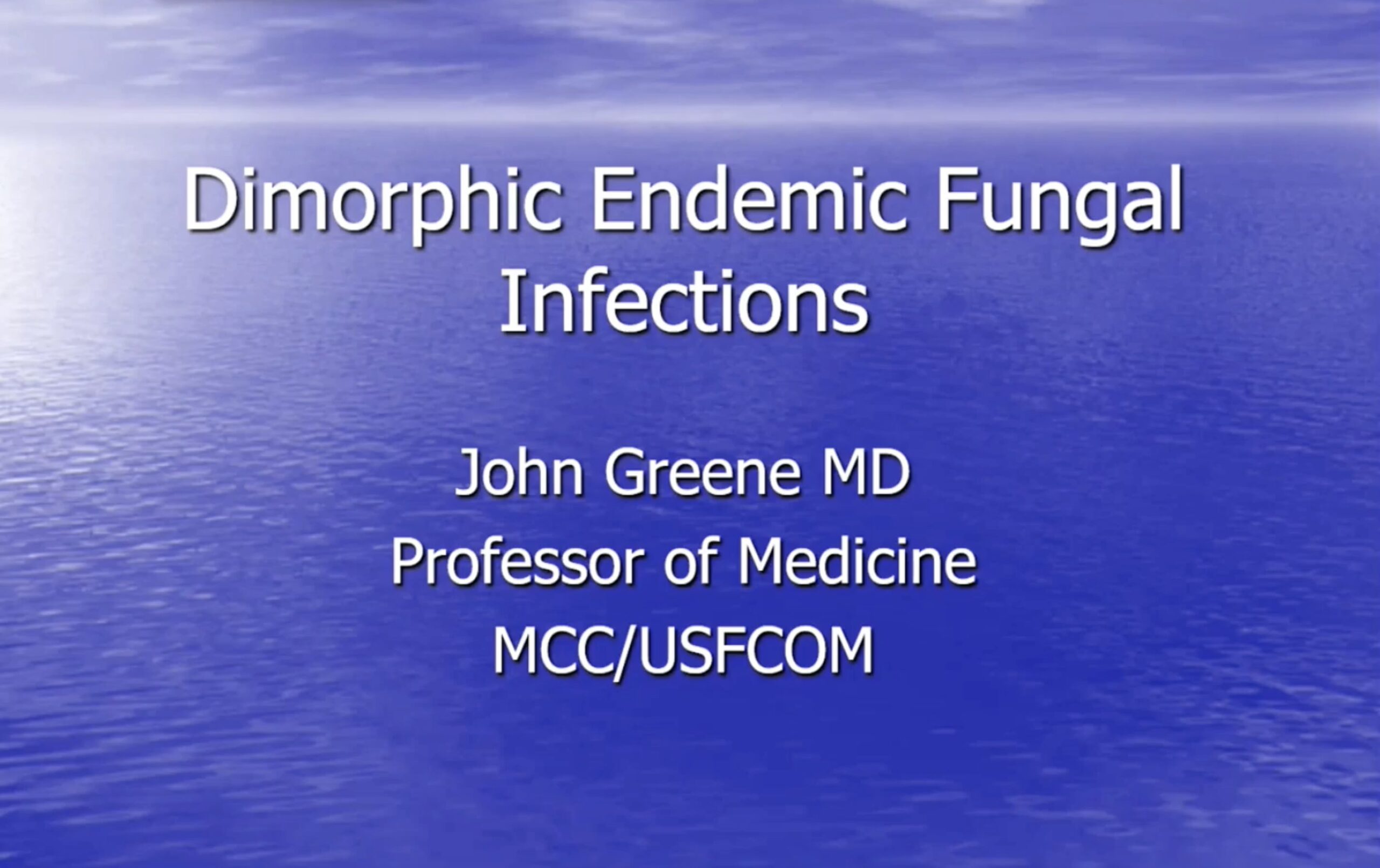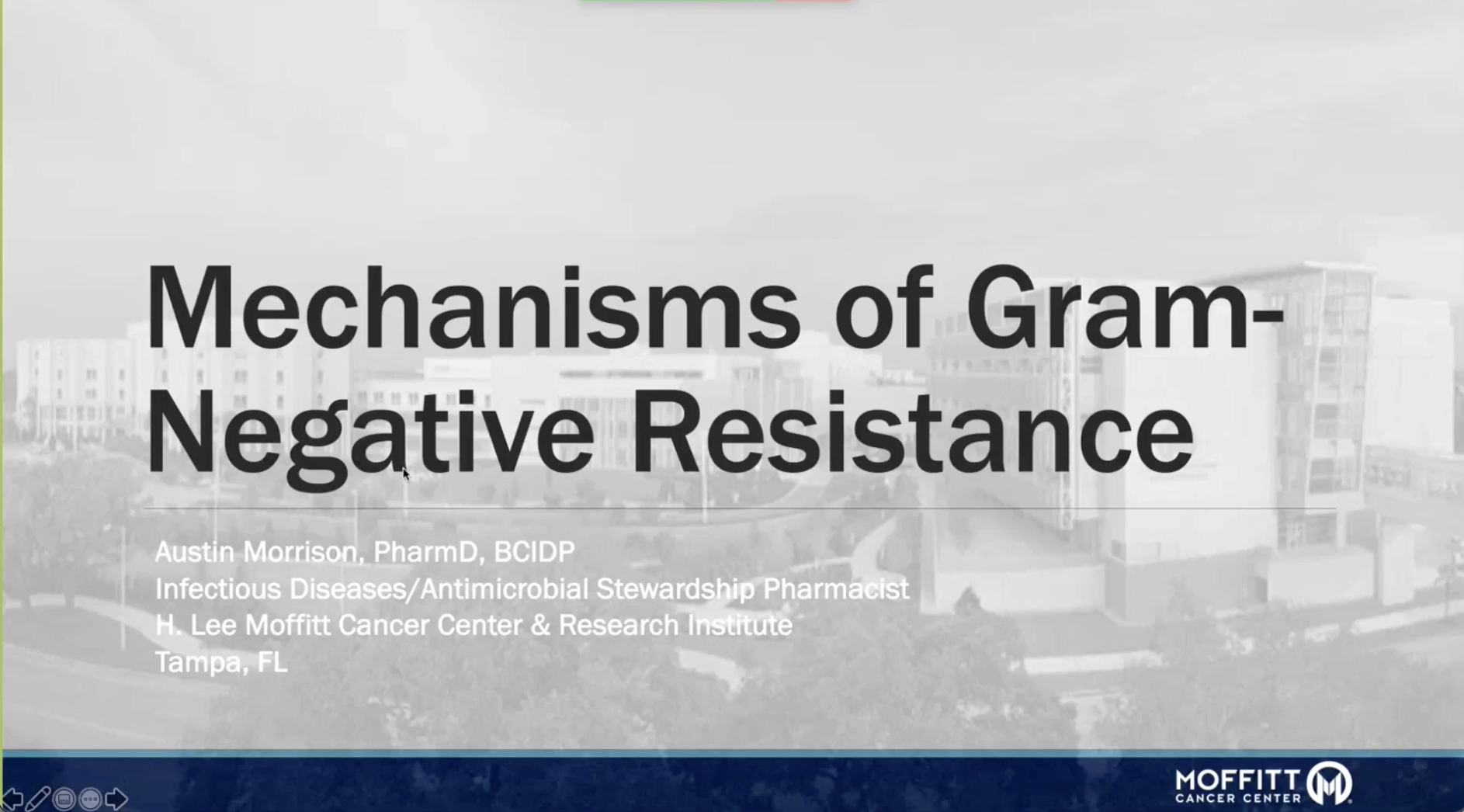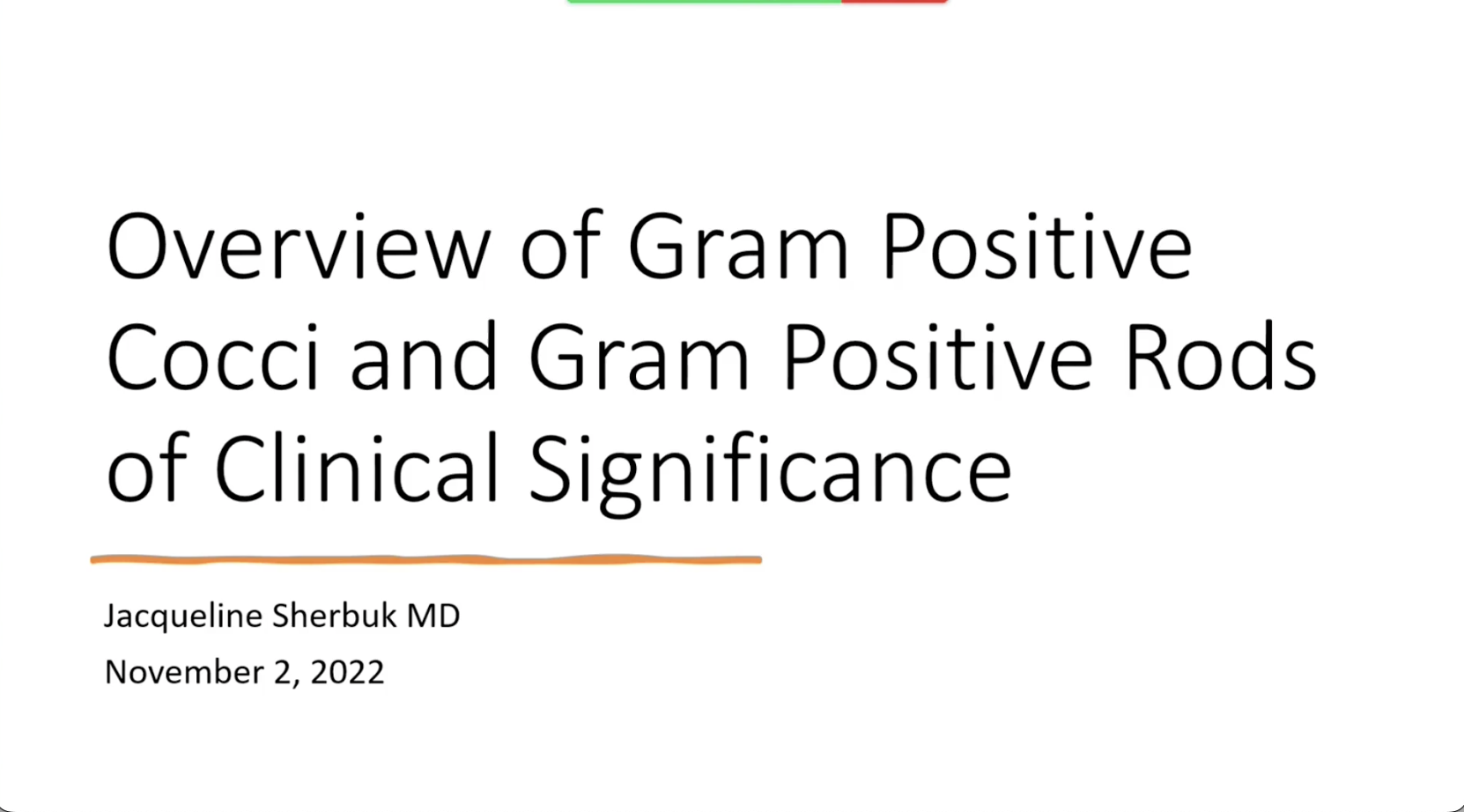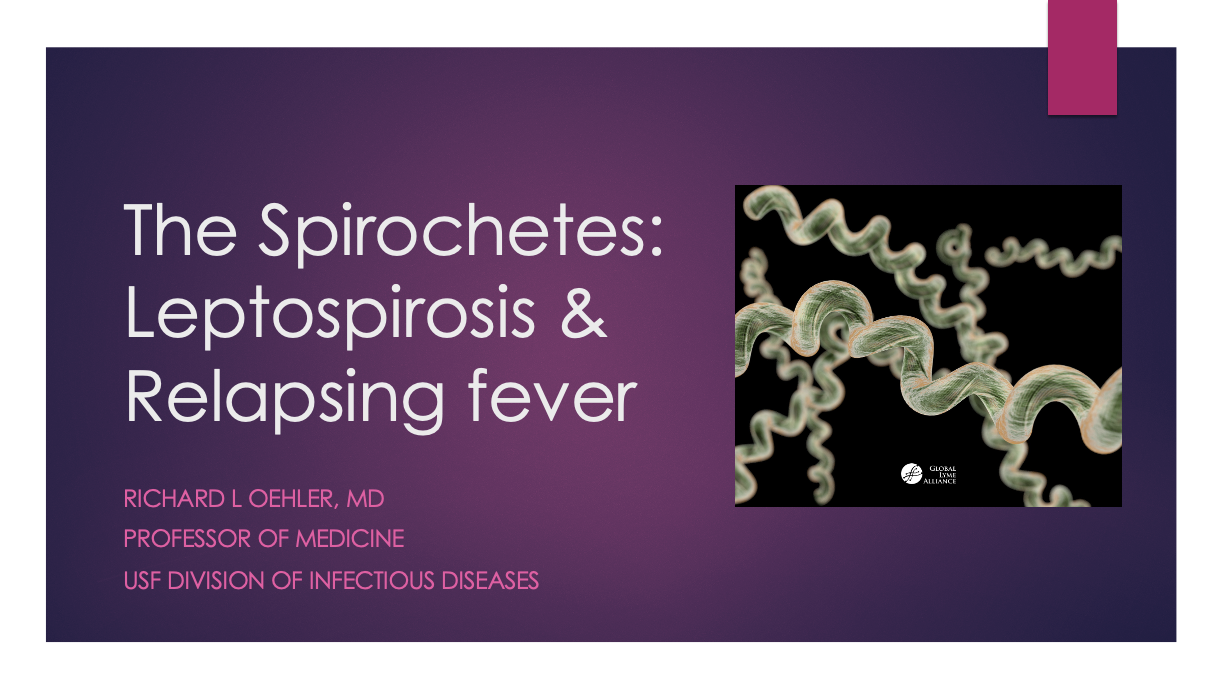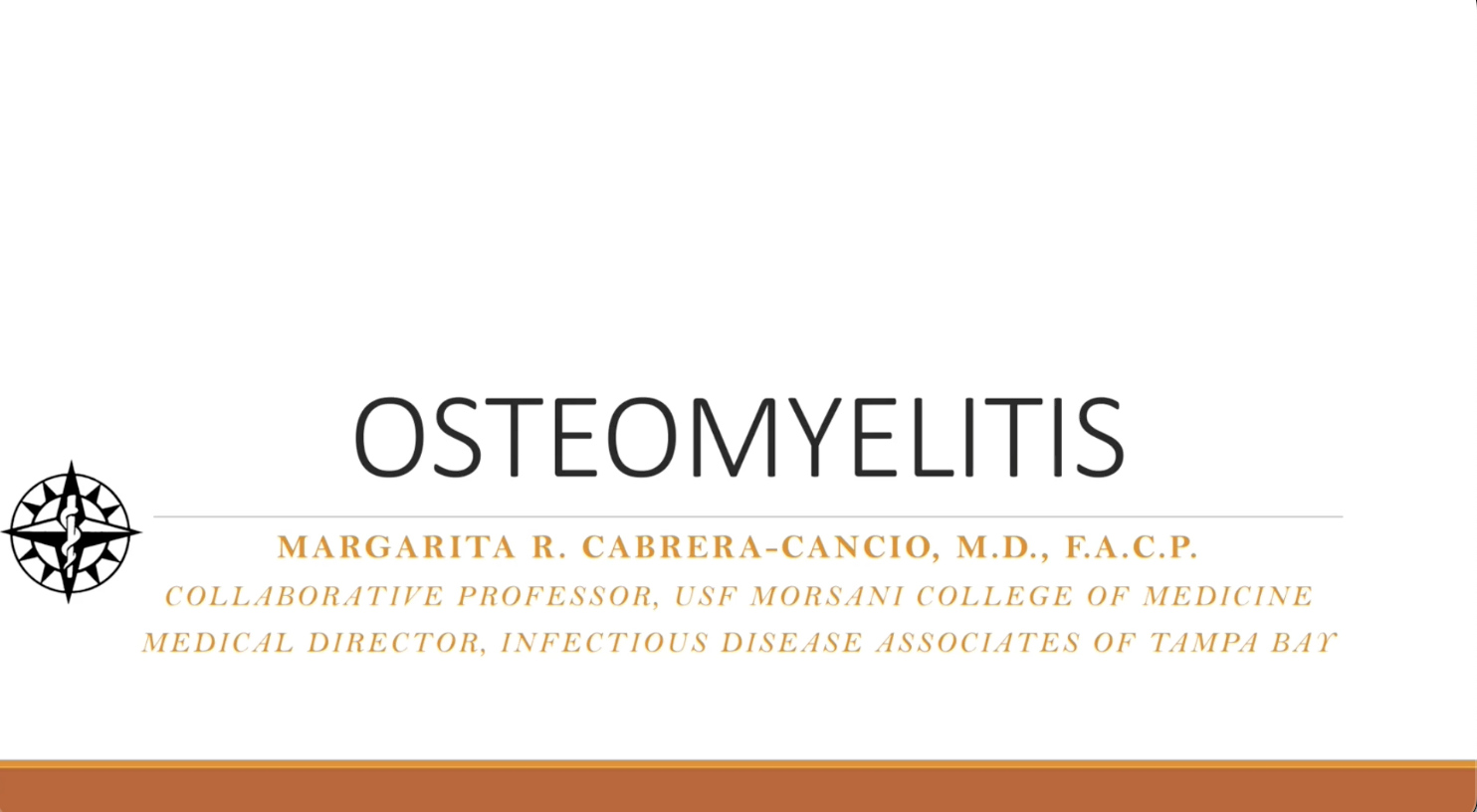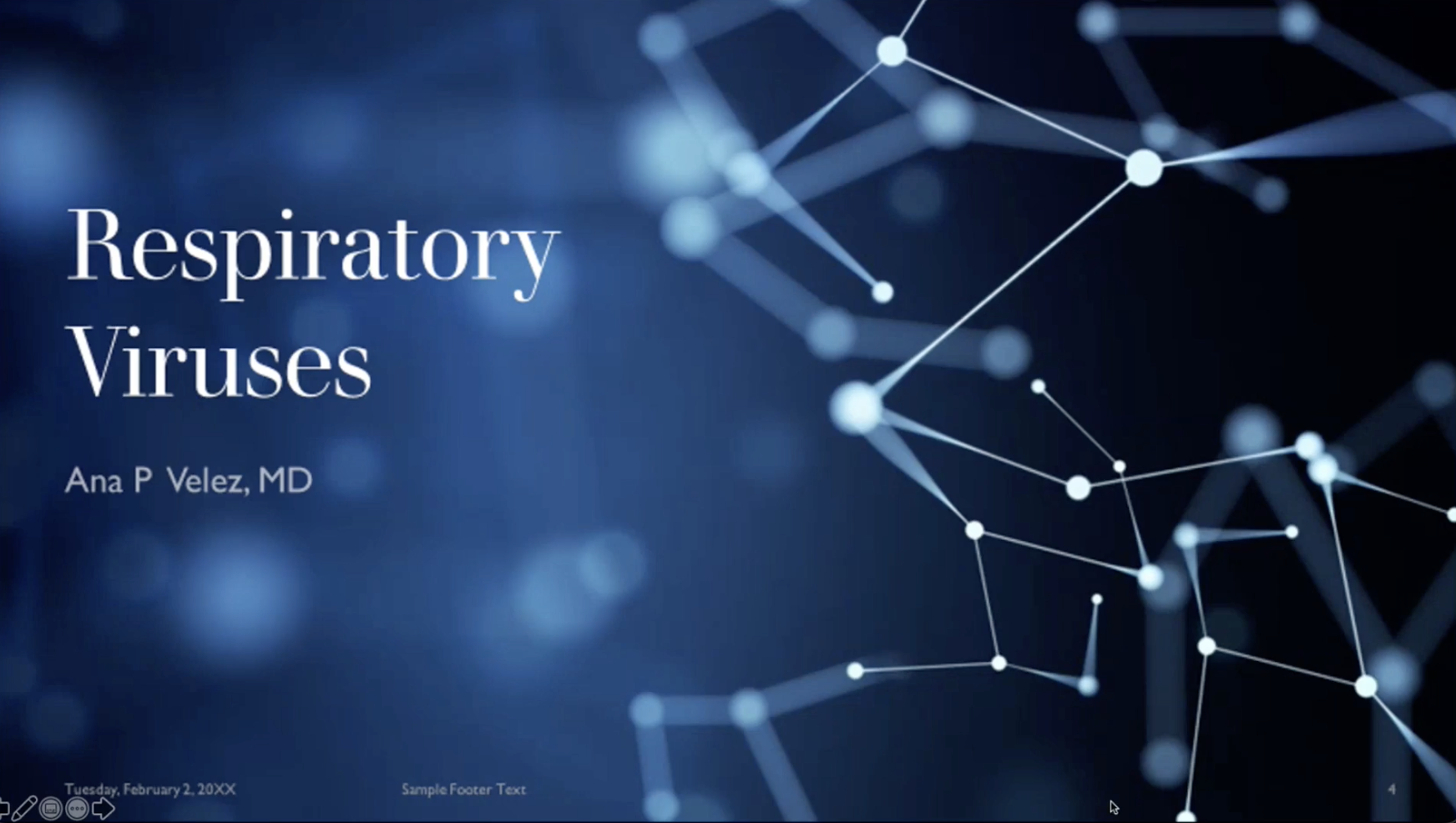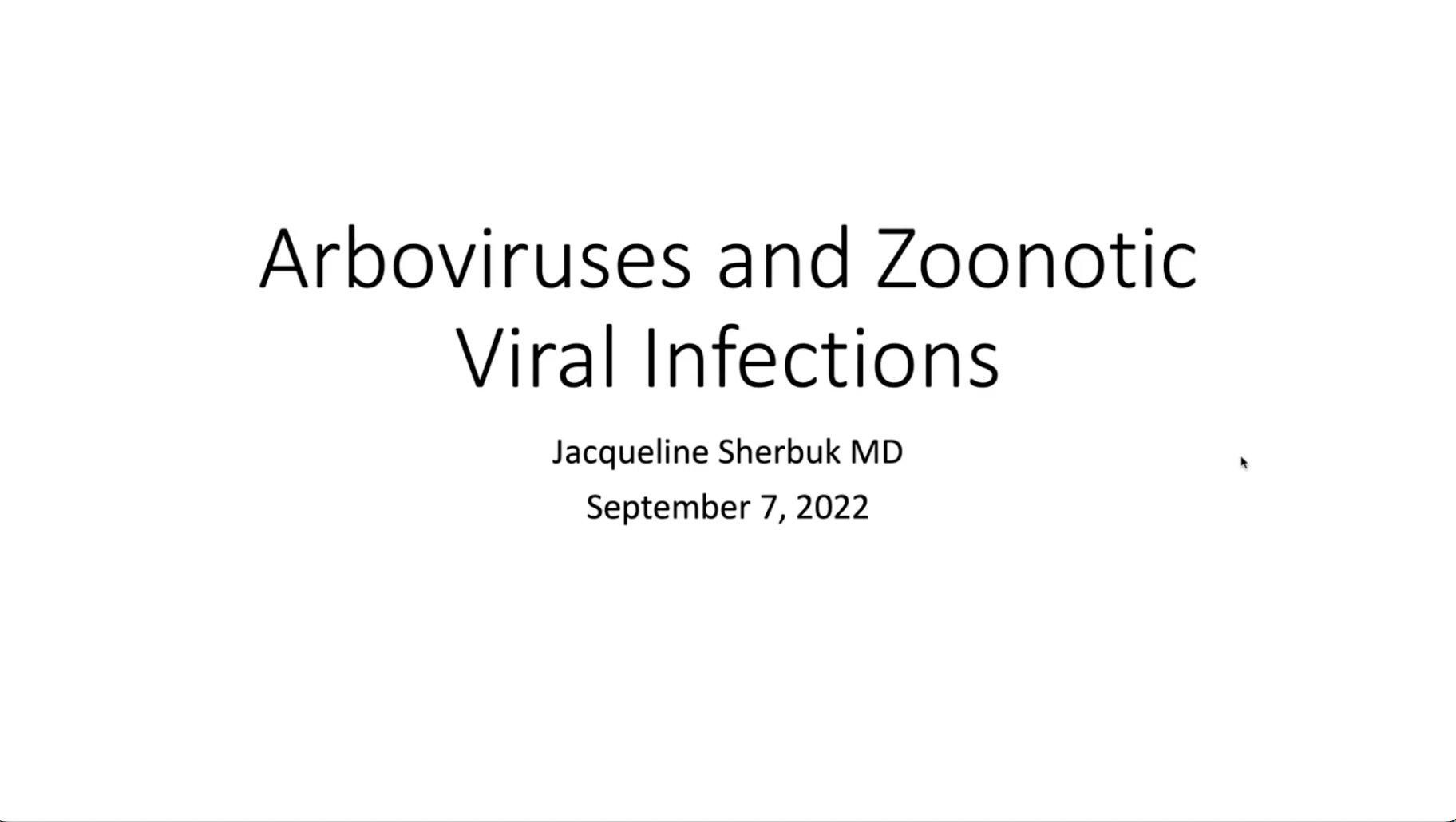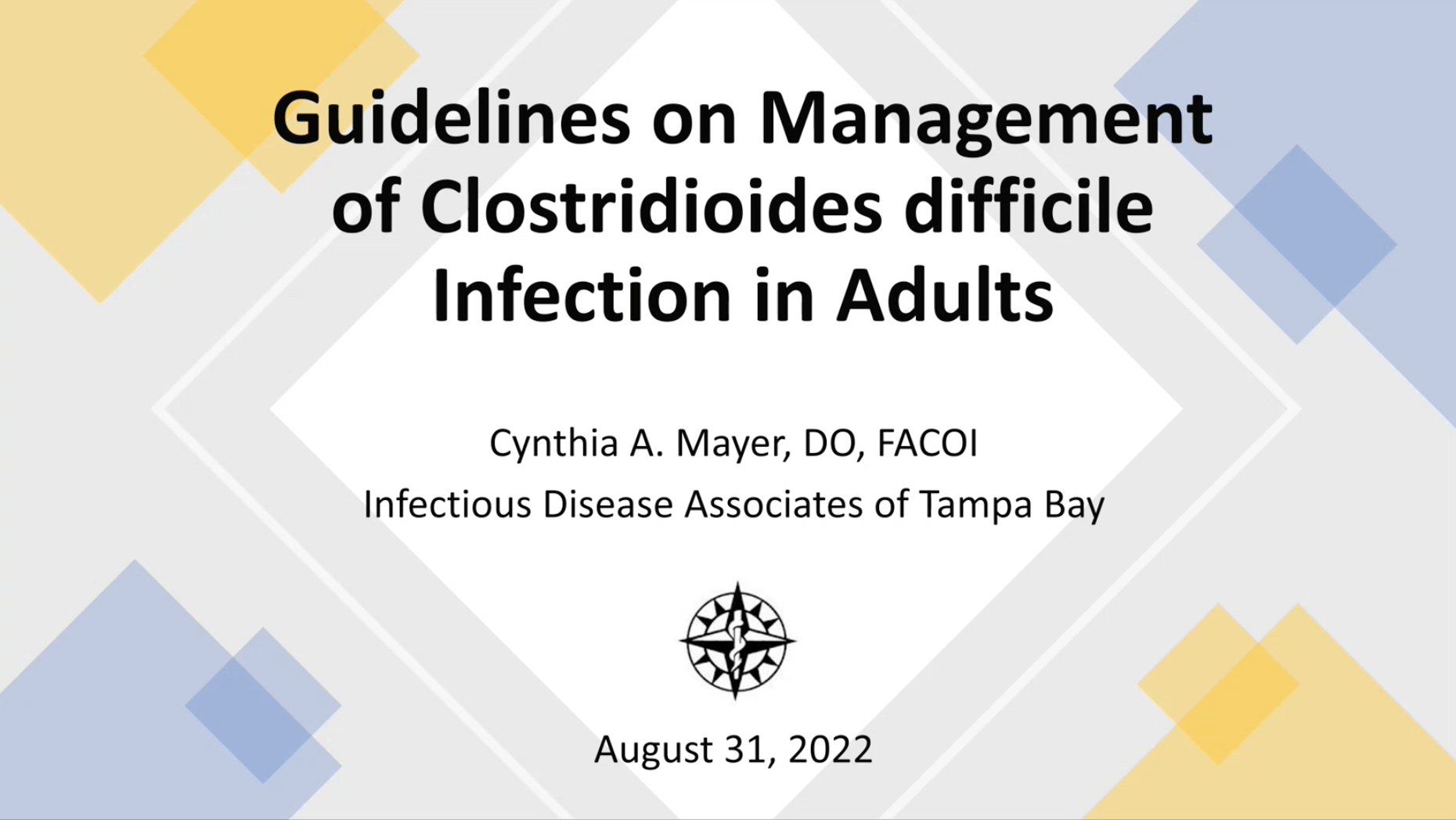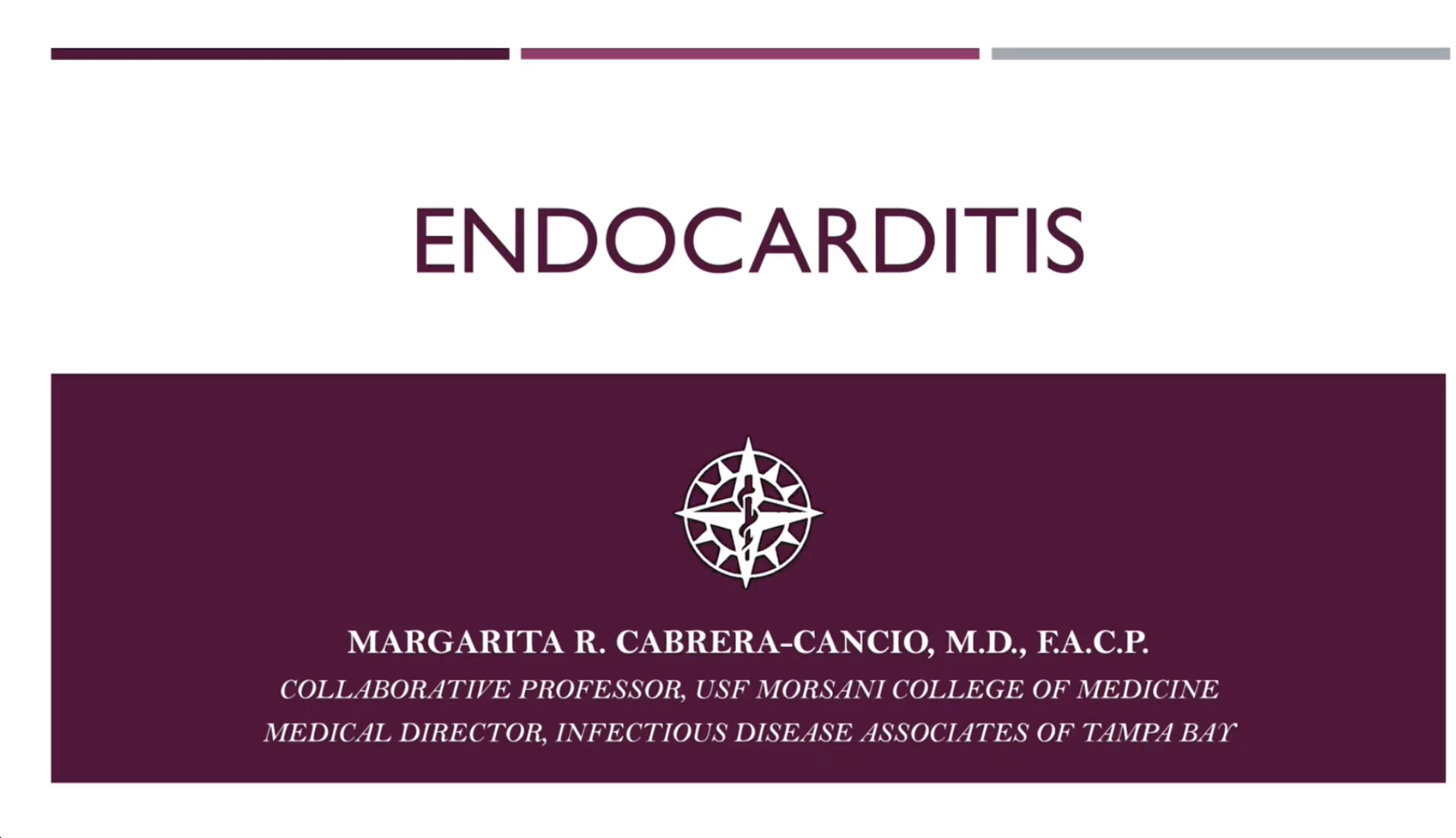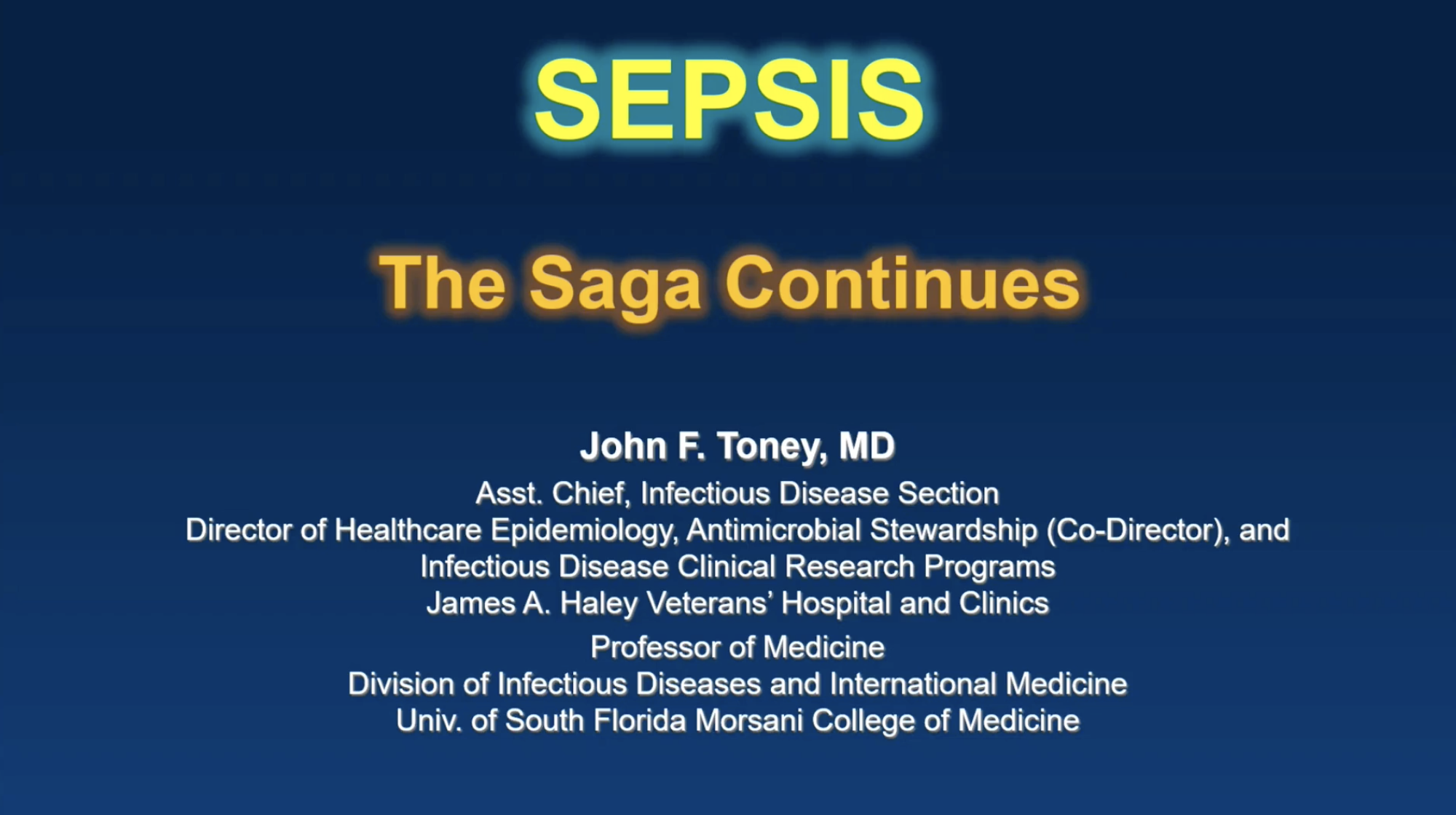Dr. Richard L. Oehler, Professor of Medicine at the Division of Infectious Diseases, Morsani College of Medicine, reviews two important clinical syndromes caused by Spirochetes. Dr Oehler begins by presenting an actual clinical case of Leptospirosis in a returning traveller from the Caribbean. He then discusses the epidemiology of Leptospira, a widespread zoonotic pathogen that favors temperate and topical climates worldwide.He then relates the life cycle, means of transmission, microbiology, clinical manifestations, and most relevant diagnostic studies. He concludes the leptospirosis section by discussing treatment and prevention . The second case he discusses is a febrile illness in a returning traveler from Jordan. Dr. Oehler goes on to discuss the epidemiology and classification system for relapsing fever (RF), and its broad categorization into tick-borne (endemic) and louse-borne (epidemic) forms. He further describes the characteristics of the soft-shelled Ornithodoros ticks and the Human Body Louse. He then relates the clinical manifestations, diagnostic criteria, and treatment options for each form of RF. Lastly, Dr, Oehler breaks down treatment and prevention strategies for each form of relapsing fever.
